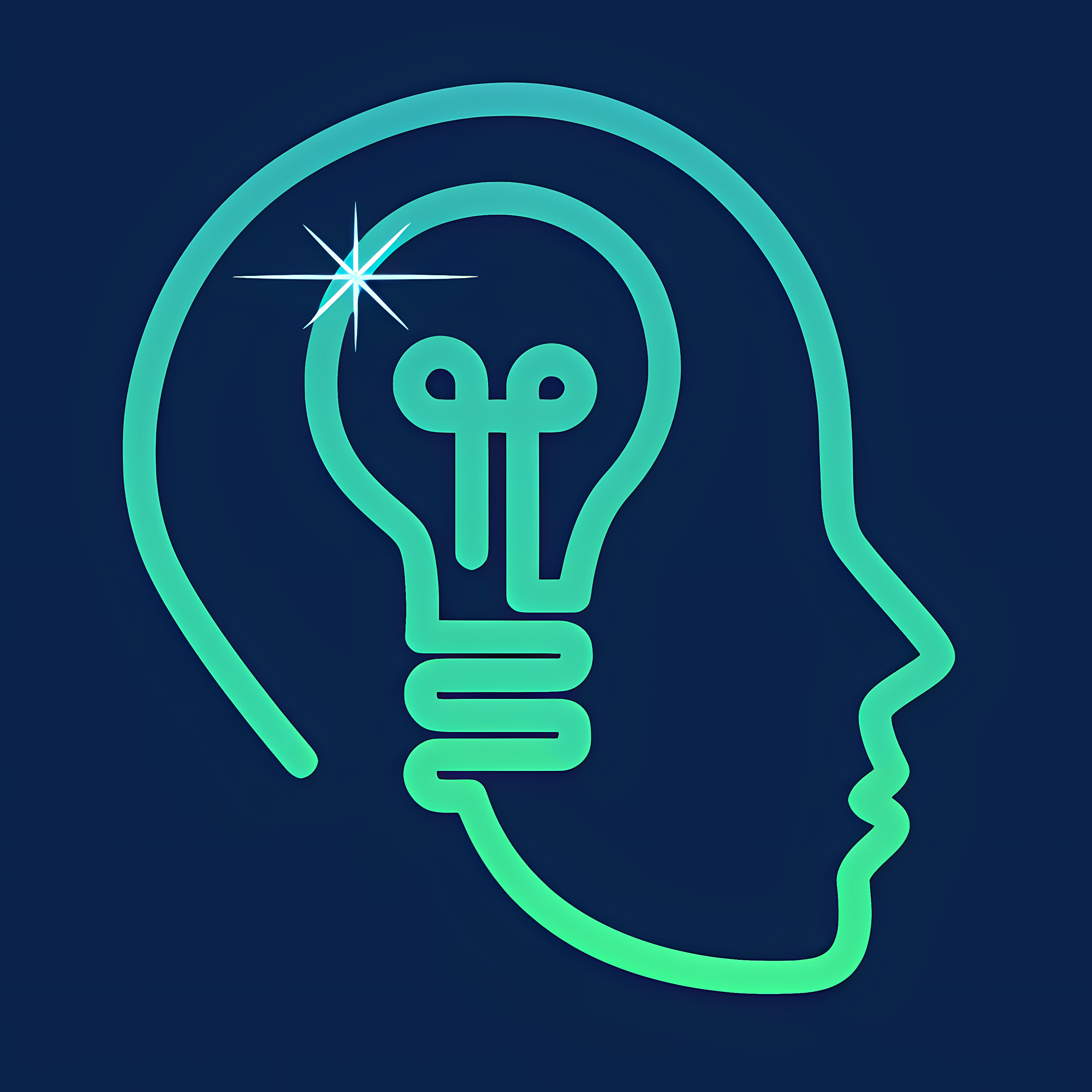EarWorm
<i>"Dialogues on hearing health that you can’t stop thinking about"</i> <br><br>EarWorm is produced by the National Center for Hearing Assessment and Management (NCHAM - pronounced "en-cham") and is one of many research centers located at Utah State University in Logan, Utah. The mission of NCHAM is to ensure that all infants and young children with hearing loss are identified as early as possible and have access to timely and appropriate audiological, educational, medical intervention, and family support services. NCHAM receives funding from multiple sources to conduct research, training, and technical assistance activities to support and improve newborn and early childhood hearing screening, diagnosis, and early intervention.<br><br> NCHAM has served as the Early Hearing Detection and Intervention National Technical Resource Center (EHDI NTRC) for many years. The EHDI NTRC is currently funded as a cooperative agreement (U52MC04391) with the Maternal and Child Health Bureau (MCHB) of the Health Resources and Services Administration (HRSA) at the United States Department of Health and Human Services. The work of the EHDI-NTRC is funded in part by a cooperative agreement (U52MC04391) from the Maternal and Child Health Bureau (MCHB) of the Health Resources and Services Administration (HRSA) at the United States Department of Health and Human Services.<br><br>Any views, thoughts and opinions expressed by participants in EarWorm are solely that of the participants and no endorsement by NCHAM, USU, or MCHB/HRSA is implied or expressed.
RSS iTunesThis is a Freebox. You can put any valid HTML in here. Or disable this feature if you don't need it.

How will we communicate with our child? Supporting families as they face key questions when their child is diagnosed as deaf or hard of hearing
2024-01-09
EarWorm Episode 006 with William Eiserman, PhD. and Amy Spencer, MS CCC/SLP, LSLS, TOD
When a child is diagnosed as deaf or hard of hearing, families suddenly face an unexpected and often challenging situation. They have to start navigating a flood of information and start making crucial decisions about how they will be communicating with their child. Although these families often have access to qualified experts for guidance through this process, the support of primary care providers, child care providers, extended family, and friends is also vital. These supporters can be especially helpful to families if they have at least some understanding of the decisions the family is facing and the importance of the family being supported in making choices that seem to be best for their specific child and family at that time. In this episode of EarWorm, we'll explore the critical decisions these families face in the early stages and discuss how others can provide meaningful support. Amy Spencer is a speech-language pathologist and coordinator of early intervention and family services at the Maine Educational Center for the Deaf and Hard of Hearing. She is involved with the Maine Newborn Hearing Screening Advisory Board and the Maine Interagency Coordinating Council. Amy actively participates in Earliest Interactions Maine, a program supporting families from hearing screening to early intervention, funded by the Health Resource and Services Administration (HRSA). Her expertise in language and communication development was honed through Gallaudet University's Infant Toddler Family Leadership and Collaboration Certificate Program.
DownloadFiletype: MP3 - Size: 54 MB - Duration: 28:38m (256 kbps 44100 Hz)
Powered by Podcast Generator, an open source podcast publishing solution | Theme based on Bootstrap